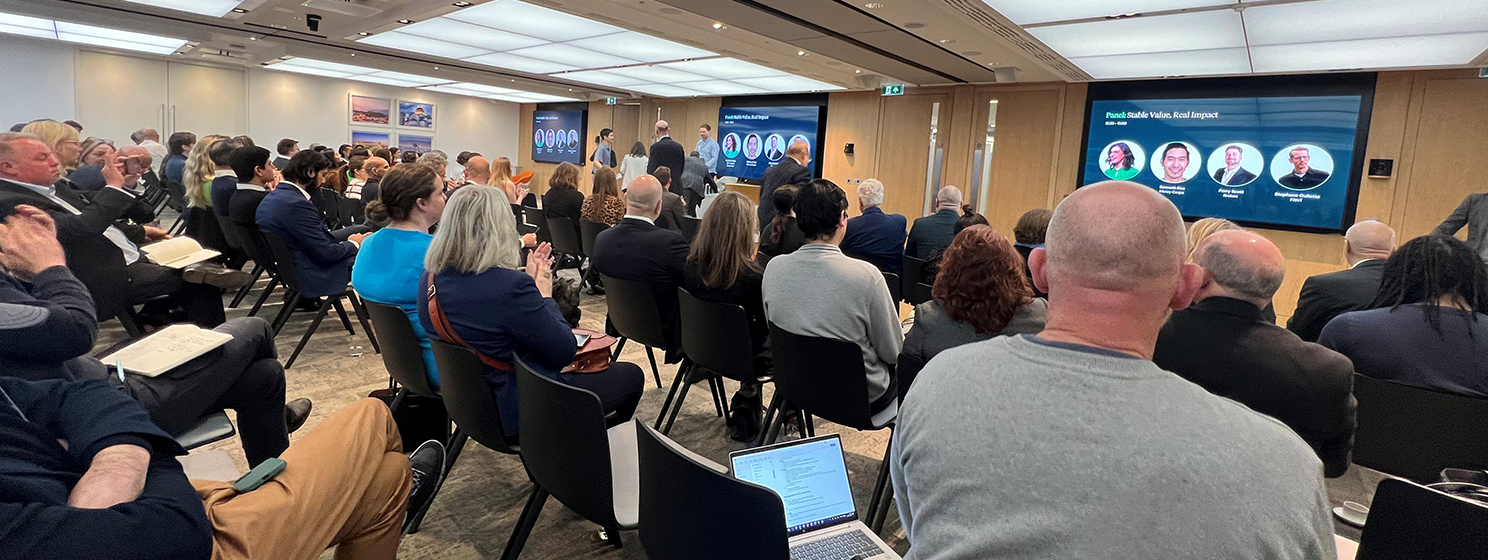|
Getting your Trinity Audio player ready...
|
The Metanet is the next version of the internet, a version of the internet that is built on Bitcoin SV, where all activity that takes place is recorded on-chain. On the Metanet, corporate giants like Twitter and Facebook will not profit off of your data without giving you a share of the revenue that you generate. The Metanet gives individuals complete control and ownership of their data, rewards good content, seamlessly establishes intellectual property and ownership rights, and solves many problems that the internet currently has.
What are the problems with the internet?
The current version of the internet leaves the web user at a disadvantage. Corporate giants let individuals use and access their websites for “free.” However, they harvest the data that users generate and sell it for a profit without giving the web-user a share of that revenue.
The internet is not legally binding, which leaves everyone at a disadvantage when it comes to intellectual property (IP) and ownership rights. When a web user posts on the internet, there’s no guarantee that a court of law will uphold an initial post as evidence that establishes intellectual property or ownership of the published content. This can have unfortunate consequences. Ideas and IP could be capitalized on by people who did not originally create the content with there being no repercussions because the initial post on the internet does not serve as evidence that establishes ownership rights.
On the current version of the web, trolls run rampant and are not punished for their toxic behaviors. Trolls continue to flood websites and social media networks with their toxicity because they can do this at no cost. Although trolls create suboptimal experiences for other internet users, they face no punishment for doing so.
And it’s challenging for independent content creators to generate profit from their creations–even if they are creating good content. Several platforms—like YouTube, for example—take a significant percentage of the income that the content creators who publish to their platform generate. Others, like those who create viral social media posts, go unrewarded for their contributions that often spreads to every corner of the world. All they receive are likes and shares, but most platforms do not have a system in place for them to earn revenue for the good content they created.
Fortunately, the Metanet solves these problems.
How the Metanet enhances the internet
The Metanet solves the problems the internet has created by rewarding good content with micro-payments, giving users ownership of their data, establishing barriers to entry for trolls, and legally binding actions that are executed over the Metanet. To get a better understanding of how the Metanet accomplishes this, let’s examine the BSV-based application Twetch. Twetch is a great paradigm for social media apps that will be created on the Metanet in the future.
Twetch is a social media platform built on the Bitcoin SV blockchain; it has a similar feel and user experience as Twitter, however, on Twetch, web-users own all of their data and can earn revenue from the content they create. It costs a small amount to execute an action like posting content on Twetch—because it costs a small amount to write that data to the blockchain. However, the user who publishes the content owns their data, and earns revenue any time another user comments or shares their post.
Because it costs money to execute an action like posting, a troll is deterred from using the platform because they can no longer troll for free. And because all of the actions that take place over Twetch (posting, commenting, sharing) are written to the blockchain, an immutable, cryptographically-secured source of truth, anything that is written to the chain will serve as evidence of intellectual property and ownership rights in a court of law.
As you can see, the Metanet optimizes the internet experience by empowering web-users and filling the gaps that exist in the current version of the internet.
Where can I learn more about the Metanet?
On day 2 of the CoinGeek London conference, Dr. Craig Wright will be giving a presentation titled Metanet & Overlay Networks: Building a Better Internet with BitCoin. You can expect to learn about the Metanet and what it has in store for the future during this presentation. We encourage you to be at the event in person or watch the live stream.
But don’t worry if you can’t make it to the event or if you are not able to watch the livestream. There are several resources on the internet that take a deep dive into the Metanet. Jack Davies, a researcher at nChain, does a great job of exploring the Metanet in his Edge Cases series. Unwriter also examines the Metanet in his article, The Metanet Starts. If you are looking for more information on the Metanet, these two resources are the perfect place to begin.

 02-23-2026
02-23-2026 




